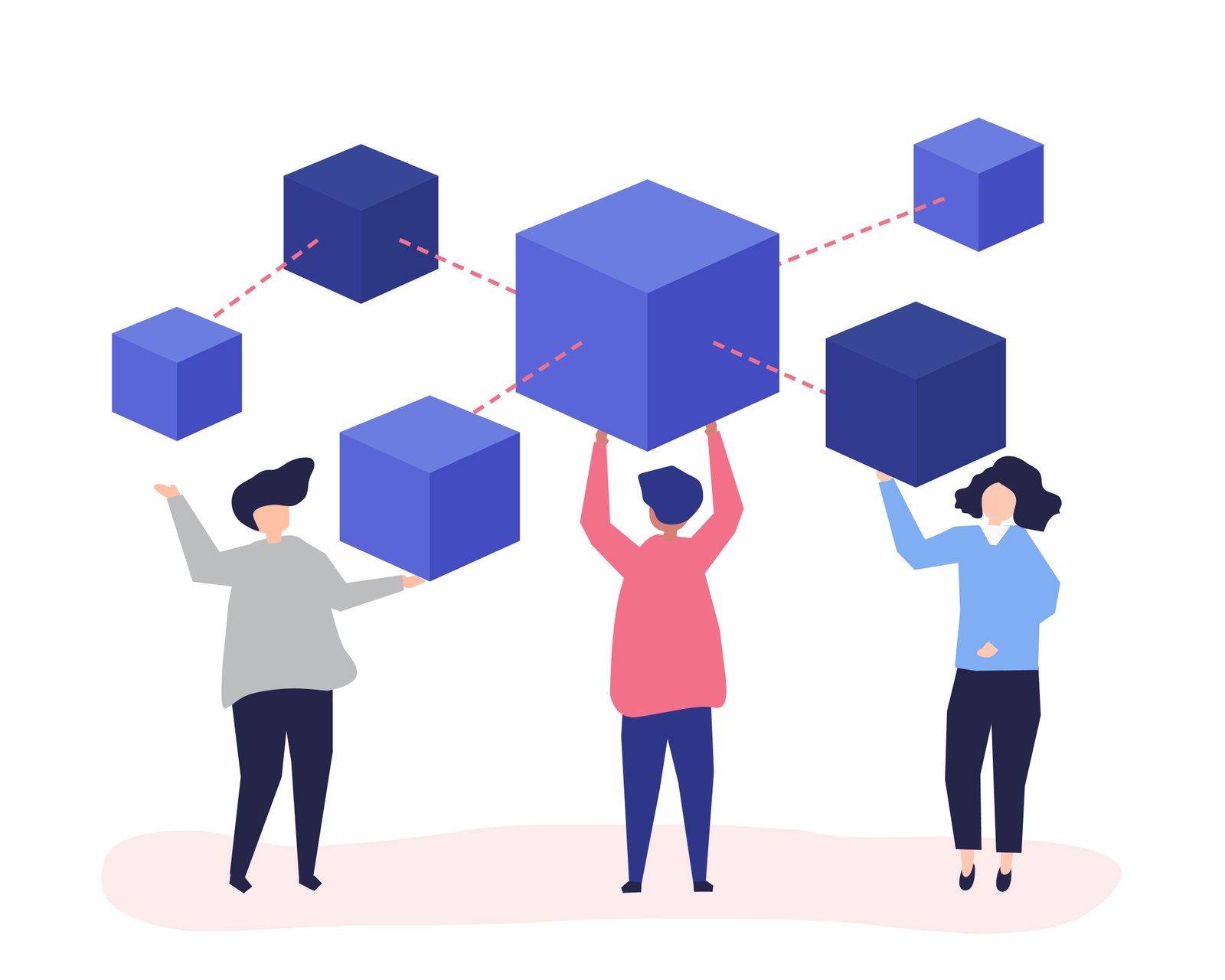
Blockchain Development: Building Trust in a Digital World
In the ever-evolving landscape of technology, blockchain development stands as a beacon of innovation and trust. It's the backbone of cryptocurrencies like Bitcoin, but its applications extend far beyond digital currencies. In this blog, we will embark on a journey to understand what blockchain development is, its key components, and the transformative potential it holds in various industries.
What is Blockchain Development?
Blockchain development is the process of designing, building, and maintaining a blockchain network or decentralized ledger technology. A blockchain is essentially a distributed, immutable, and transparent digital ledger that records transactions across a network of computers. Unlike traditional databases, which rely on a central authority, blockchain operates on a decentralized network, making it highly secure and resistant to fraud.
Key Components of Blockchain Development
Decentralization: At the heart of blockchain development is the concept of decentralization. Instead of relying on a single central authority, data is stored across a network of nodes (computers). A copy of the full blockchain is stored on each node, eliminating the possibility of a single point of failure.Unveiling Blockchain Development.
Cryptographic Security: Blockchain employs cryptographic techniques to secure data and transactions. Public and private keys are used to authenticate users, and hashing ensures the integrity of the data stored in each block.
Consensus Mechanisms: To validate and add transactions to the blockchain, various consensus mechanisms are used. The most famous one is Proof of Work (PoW), utilized by Bitcoin, while newer blockchains use Proof of Stake (PoS) and other consensus algorithms.
Smart contracts are self-executing agreements with established terms and conditions. They automate processes and transactions when specific conditions are met, eliminating the need for intermediaries.
Transparency: Blockchain's transparency ensures that all participants in the network can view the complete transaction history. This transparency enhances trust among participants.
Transformative Potential of Blockchain Development
Financial Services
Blockchain has disrupted the traditional financial industry, offering faster, more secure, and cost-effective solutions. It enables cross-border transactions without the need for intermediaries, reducing fees and settlement times. Moreover, blockchain-powered cryptocurrencies have the potential to provide financial inclusion to the unbanked population worldwide.
Supply Chain Management
Blockchain technology can revolutionize supply chain management by providing real-time visibility into the movement of goods and products. This transparency helps in reducing fraud, tracking product provenance, and ensuring the authenticity of products, particularly in industries like food and pharmaceuticals.
Healthcare
In the healthcare sector, blockchain ensures the security and privacy of patient data. Patients can have control over their medical records while granting access to healthcare providers when necessary. This can improve the efficiency of medical care and research while maintaining data integrity.
Voting Systems
Blockchain can enhance the security and transparency of voting systems, preventing election fraud and ensuring the accuracy of results. Each vote can be recorded on the blockchain, making it tamper-proof and verifiable.
Intellectual Property
Artists, writers, and creators can benefit from blockchain's ability to timestamp and authenticate digital content. This can protect intellectual property rights and ensure fair compensation for creators.
Real Estate
Blockchain can streamline real estate transactions by reducing the need for intermediaries and minimizing the risk of fraud. Property records can be securely stored on a blockchain, making them easily accessible and immutable.
Challenges and Future Directions
While blockchain development holds immense promise, it also faces challenges. Scalability, energy consumption (in the case of PoW blockchains like Bitcoin), and regulatory concerns are some of the issues that need to be addressed.
Looking ahead, blockchain developers are working on solutions such as sharding and layer 2 scaling to enhance blockchain scalability. Additionally, the shift towards more eco-friendly consensus mechanisms, like PoS, is reducing the environmental impact of blockchain networks.
Blockchain development is a transformative force that has the potential to revolutionize various industries by providing trust, security, and transparency. As it continues to evolve, it's essential to address its challenges and foster innovation to harness its full potential. Blockchain isn't just a technology; it's a paradigm shift that has the power to reshape the way we interact with digital information and assets in our increasingly interconnected world.